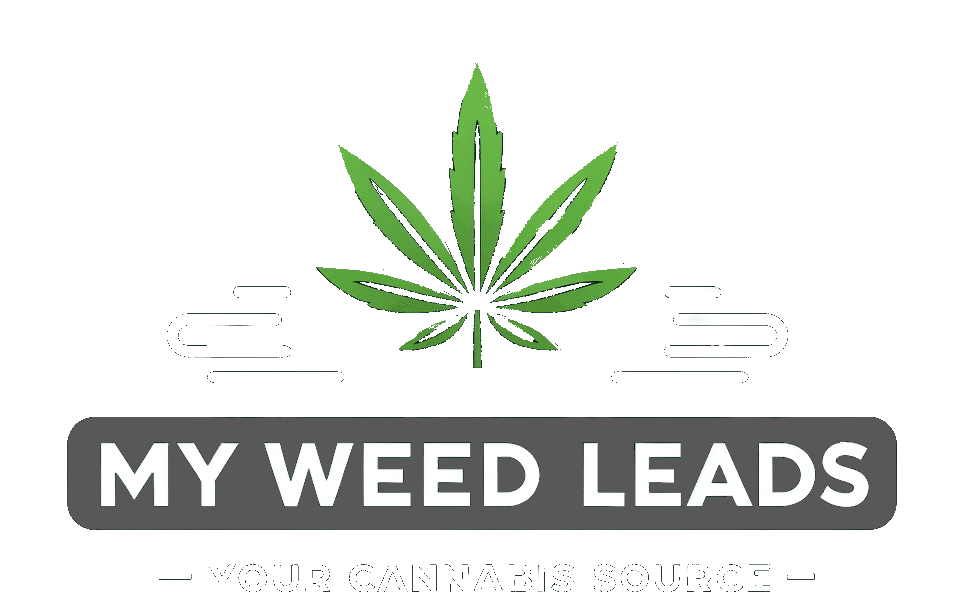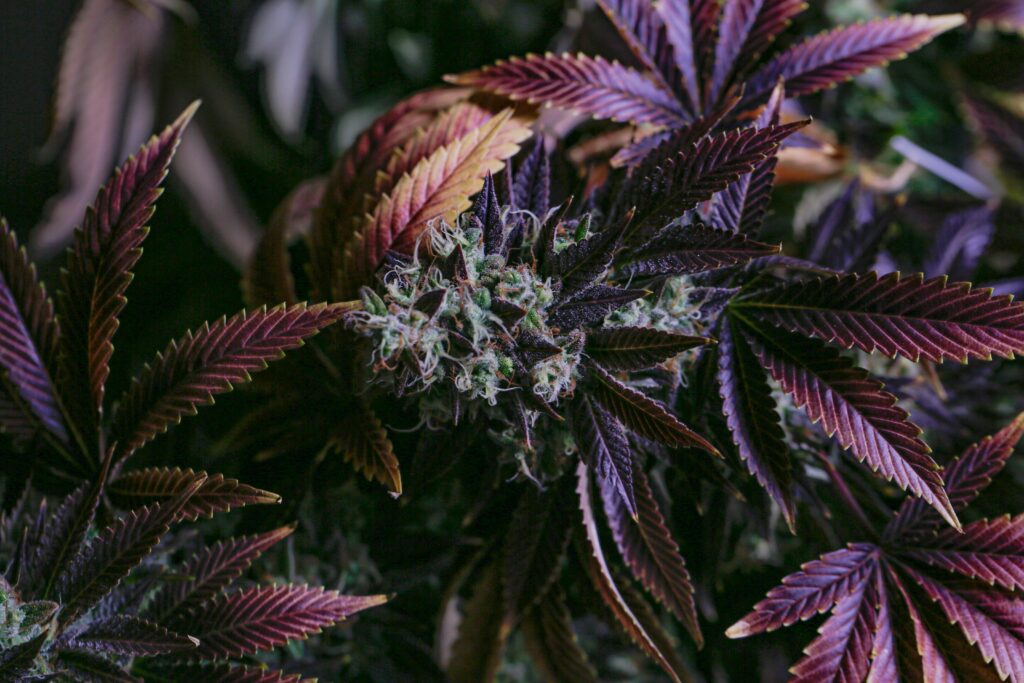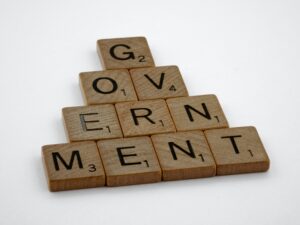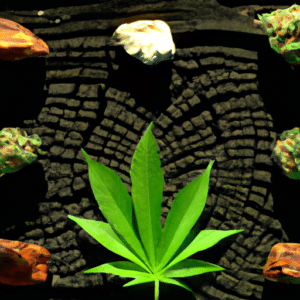On August 1st, Minnesota will become the 11th state in the United States to legalize recreational cannabis. This is a major milestone for the state and its citizens, as it marks the first time that recreational cannabis will be legally available in Minnesota. With this new law, there are a few things that Minnesotans should know about recreational cannabis becoming legal in the state. This article will provide an overview of the new law, what it means for Minnesotans, and what they should expect when recreational cannabis becomes legal in the state.
Understanding the Legalities of Recreational Cannabis in Minnesota: What You Need to Know
Welcome to Minnesota! As of July 1, 2020, recreational cannabis is now legal in the state. This means that adults 21 and over can now purchase, possess, and use cannabis products for recreational purposes.
While this is exciting news, it’s important to understand the legalities of recreational cannabis in Minnesota. Here’s what you need to know.
Possession Limits
Adults 21 and over can possess up to 1.5 ounces of cannabis flower or up to 8 grams of cannabis concentrate. It’s important to note that these limits apply to the total amount of cannabis products you possess, not just the amount you purchase at one time.
Where You Can Buy Cannabis
Cannabis products can only be purchased from licensed retailers. These retailers are regulated by the Minnesota Department of Health and must follow strict guidelines.
Where You Can Use Cannabis
Cannabis products can only be used in private residences. It is illegal to use cannabis products in public places, including parks, restaurants, and other public spaces.
Driving Under the Influence
It is illegal to drive under the influence of cannabis. If you are pulled over and found to be impaired, you could face serious penalties, including fines and jail time.
Taxes
Cannabis products are subject to a 9.75% excise tax. This tax is in addition to the state’s 6.875% sales tax.
These are the basics of recreational cannabis in Minnesota. It’s important to understand the legalities before you purchase or use cannabis products. If you have any questions, be sure to contact your local law enforcement agency.
Exploring the Benefits of Recreational Cannabis Legalization in Minnesota
As the debate over recreational cannabis legalization continues to rage across the United States, Minnesota is no exception. While the state has yet to legalize recreational cannabis, there are many potential benefits that could come from doing so. In this article, we’ll explore some of the potential benefits of recreational cannabis legalization in Minnesota.
First and foremost, legalizing recreational cannabis could provide a much-needed boost to the state’s economy. According to a report from the Minnesota Department of Revenue, legalizing recreational cannabis could generate up to $190 million in tax revenue for the state. This money could be used to fund public services, such as education and healthcare, as well as infrastructure projects.
Legalizing recreational cannabis could also create jobs in the state. According to the same report, legalizing recreational cannabis could create up to 10,000 new jobs in the state. These jobs could range from retail and cultivation to research and development.
Legalizing recreational cannabis could also help reduce the number of people incarcerated for cannabis-related offenses. According to the American Civil Liberties Union, there were over 8,000 arrests for cannabis-related offenses in Minnesota in 2018. Legalizing recreational cannabis could help reduce this number, freeing up resources for law enforcement to focus on more serious crimes.
Finally, legalizing recreational cannabis could help reduce the stigma associated with cannabis use. By legalizing recreational cannabis, the state would be sending a message that cannabis use is not something to be ashamed of. This could help reduce the stigma associated with cannabis use and make it easier for people to access the medical benefits of cannabis.
As the debate over recreational cannabis legalization continues in Minnesota, it’s important to consider the potential benefits that could come from doing so. From boosting the economy to creating jobs and reducing the stigma associated with cannabis use, there are many potential benefits that could come from legalizing recreational cannabis in Minnesota.
Preparing for the Impact of Recreational Cannabis Legalization on Minnesota’s Economy
As Minnesota prepares for the legalization of recreational cannabis, it is important to consider the potential economic impact of this change. While the exact effects of recreational cannabis legalization are difficult to predict, there are a few key areas that could be affected.
First, the state could see an increase in tax revenue. Cannabis sales are subject to taxes, and the state could see a significant boost in revenue from these taxes. This could be used to fund public services, such as education and healthcare.
Second, the state could see an increase in jobs. The cannabis industry is expected to create thousands of jobs in Minnesota, from cultivation and retail to research and development. This could help to reduce unemployment and provide more opportunities for people to find meaningful work.
Third, the state could see an increase in tourism. Cannabis tourism is becoming increasingly popular, and Minnesota could benefit from this trend. Tourists could come to the state to visit cannabis dispensaries and other related businesses, bringing in additional revenue.
Finally, the state could see an increase in investment. Cannabis businesses are often attractive to investors, and the legalization of recreational cannabis could bring more investment into the state. This could help to create new businesses and spur economic growth.
Overall, the legalization of recreational cannabis could have a positive impact on Minnesota’s economy. While it is impossible to predict the exact effects, it is clear that there could be a number of benefits. It is important to prepare for these potential changes and ensure that the state is ready to take advantage of the opportunities that recreational cannabis legalization could bring.In conclusion, the legalization of recreational cannabis in Minnesota on August 1st is an exciting development for many people. It is important to understand the laws and regulations surrounding the use of cannabis, as well as the potential health risks associated with its use. With the proper education and understanding, recreational cannabis can be enjoyed safely and responsibly.



